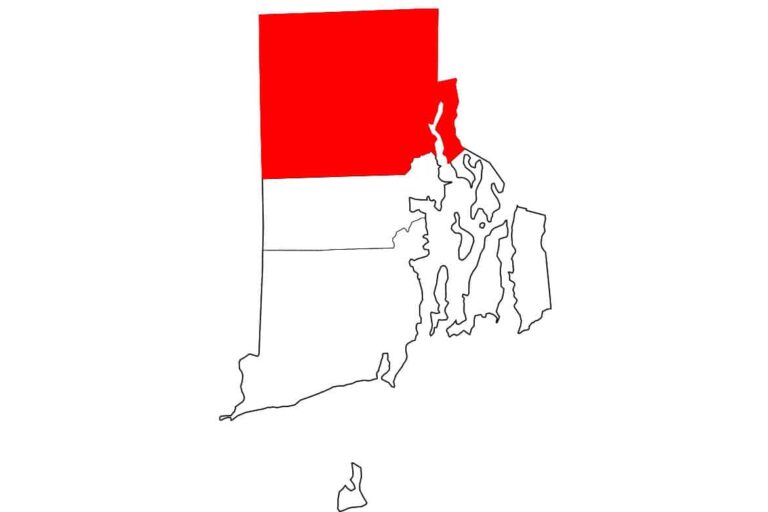The following disease updates are from the Equine Disease Communication Center.
On July 30, the North Carolina Department of Agriculture has confirmed Eastern equine encephalitis (EEE) in a 1-year-old, unvaccinated female donkey located in Duplin County, North Carolina. This is the fourth case of EEE in 2018.
On August 1, the Wisconsin Department of Agriculture, Trade, and Consumer Protection has received its first reported case of equine West Nile virus (WNV) for 2018. The 3-year-old, unvaccinated Standardbred mare, located in Barron County, was first seen on July 20, 2018. She was down and was euthanized when she did not improve with treatment.
On August 2, the Minnesota Board of Animal Health confirmed the first of equine West Nile virus for 2018 on July 27, 2018, in a 3-year-old Miniature Horse in Pine City, Minnesota. The stallion presented with acute neurologic signs, exhibiting profound weakness in his front limbs, tripping and falling and requiring assistance to stand. The horse has no documented history of vaccination against West Nile virus and is currently receiving supportive care. A mare and a foal also live on the property and are healthy at this time. For more information go to https://www.bah.state.mn.us/news_release/sick-horse-in-pine-city-is-confirmed-to-have-west-nile-virus/.
On August 2, the New York State Department of Agriculture and Markets is aware of an unsubstantiated report of EHV-1 in Farmington, New York. There is no evidence of an EHV-1 incident anywhere in New York State at this time nor is any equine facility in the state under quarantine or investigation for EHV-1. The Department of Agriculture and Markets is working to contact the source of the unsubstantiated report to see if there is any truth to it.
On August 2, the Massachusetts Department of Agricultural Resources has been advised that several horses that were on the premises of the Big E fairgrounds in West Springfield, Massachusetts, as far back as July 22 have been confirmed to have equine coronavirus (ECV). One infected horse was euthanized. In addition, a horse that was stabled at home with an affected horse, but was not actually at the fairgrounds, also has a confirmed ECV diagnosis. The horses originated from different states and barns and were seen by more than one veterinary referral hospital. The barns at the Big E fairgrounds have been emptied, cleaned and disinfected.








